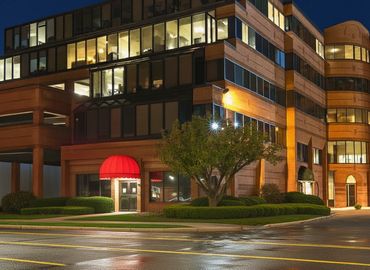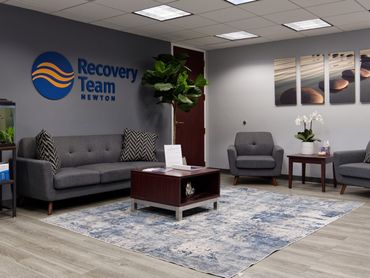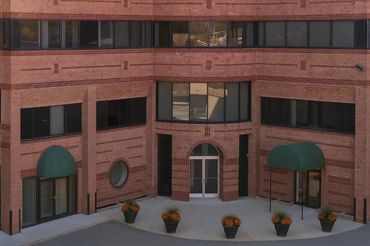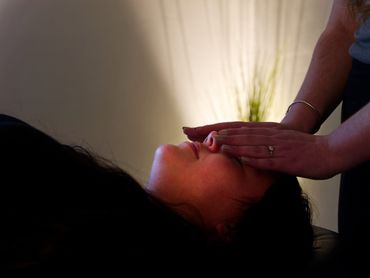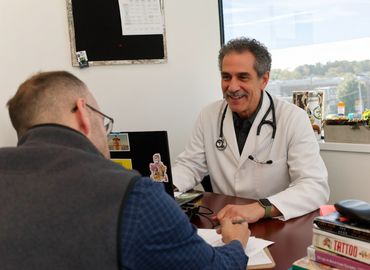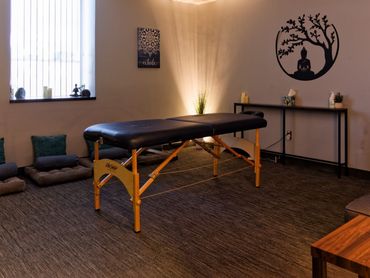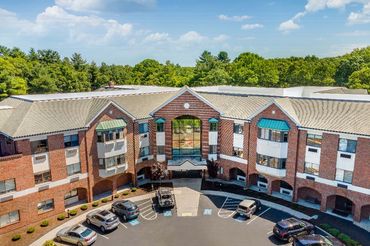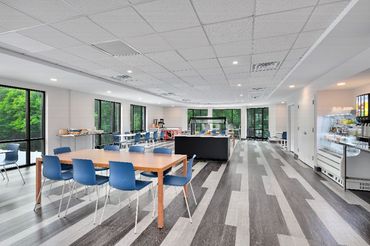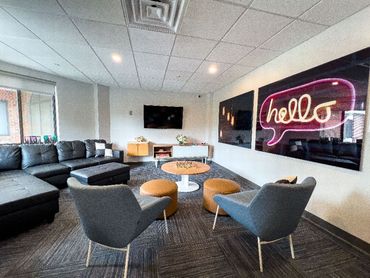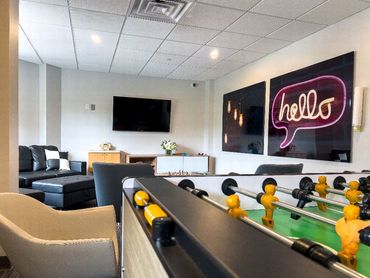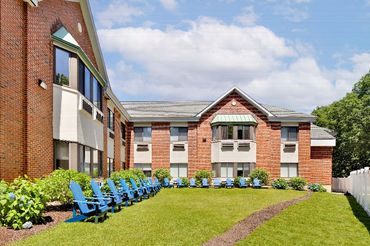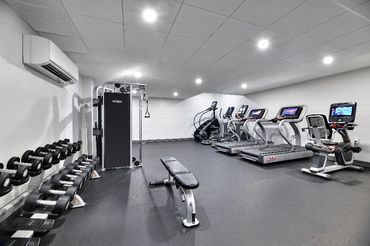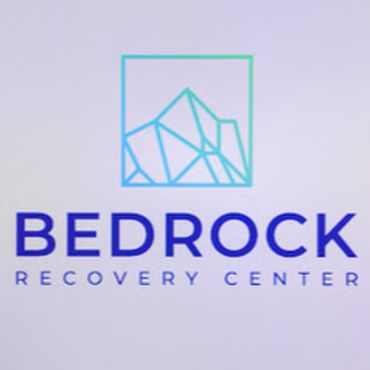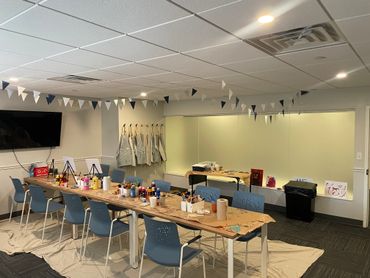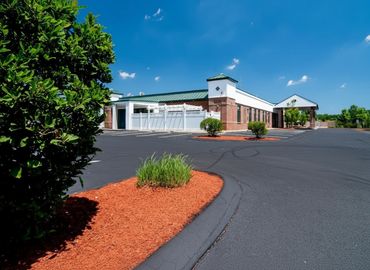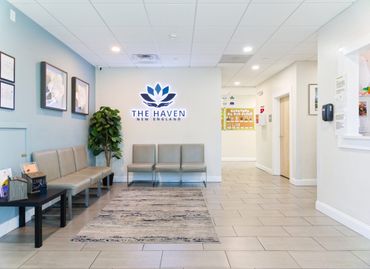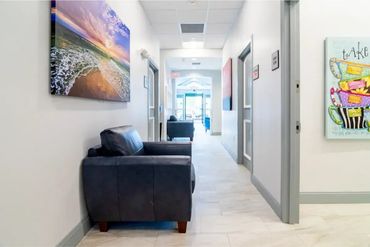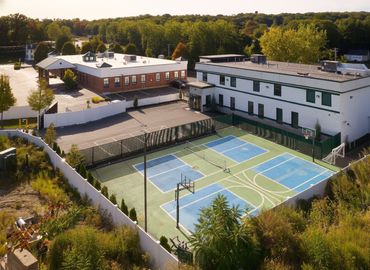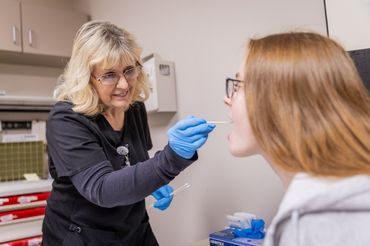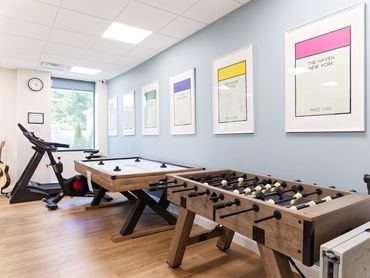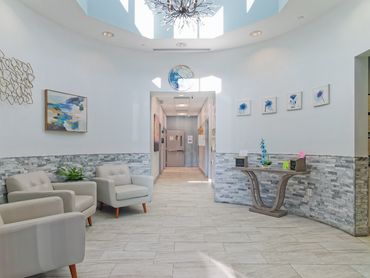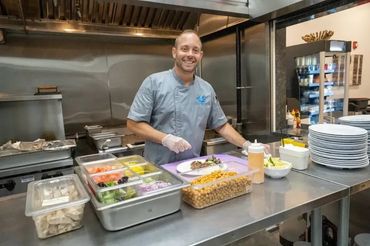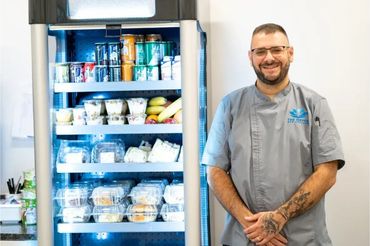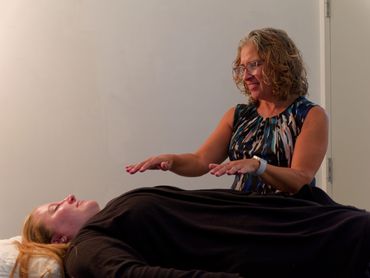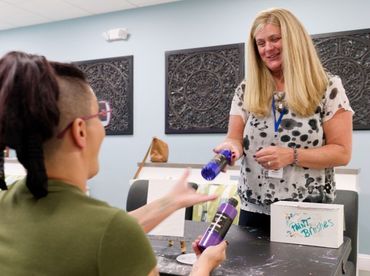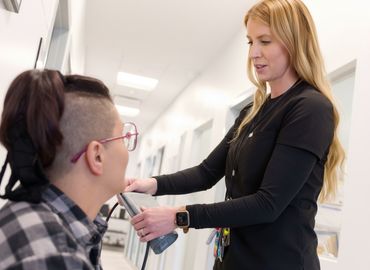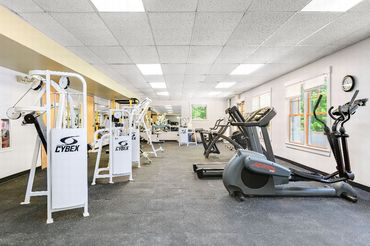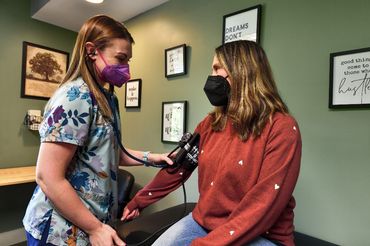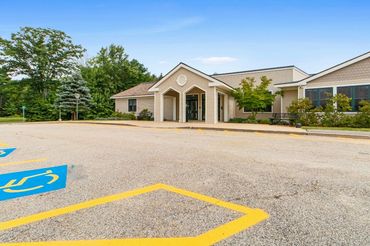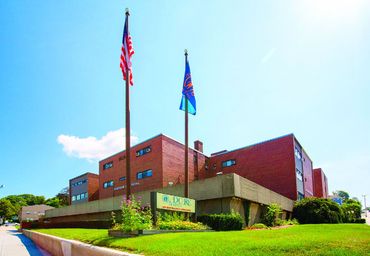
Drug & Alcohol Rehab Centers near Weston, MA
When facing the daunting journey of finding treatment for substance use disorder in Weston, Massachusetts, it’s crucial to understand the importance of taking that first step toward recovery. This entails not only seeking the appropriate treatment but also exploring the various payment options available to make this path to healing more accessible.
Treatment Centers near Weston, MA
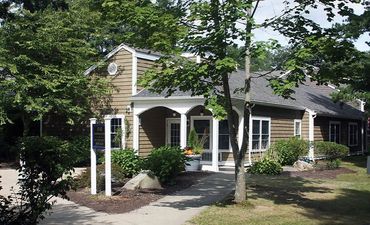
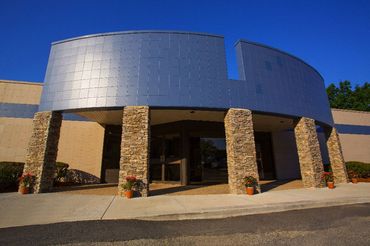
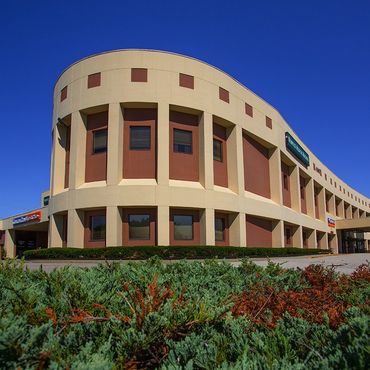
All Treatment Centers near Weston, MA
Are You Covered For Treatment?
- Worcester Rehabs
- Boston Rehabs
- Springfield Rehabs
- Brockton Rehabs
- Fall River Rehabs
- Taunton Rehabs
- New Bedford Rehabs
- Holyoke Rehabs
- Framingham Rehabs
- Tewksbury Rehabs
Information About Rehab in Weston
Latest Reviews
Latest Reviews of Rehabs in Massachusetts
MiraVista Behavioral Health Center
miravista is definitely a good place i cant say i loved it but it wasn’t the worst experience,Sam Jordan and Big Mike are pretty great I like Cheryl a lot I hope this helps , meals are good but if you struggle to eat they have ensures💚🌸
The Recovery Team - Cape Cod
I stayed here for a month and a half and I had an exceptional experience during my stay. I had no interest in changing my lifestyle until I met their staff members. Great activities, food, meetings and I’d highly recommend it. Olivia is the best!!!!!
Gandara Addiction Recovery Program (GARP)
Strength:The meals. Weakness:Is all about money. Is easy to locate near a lot of conseler
Area Information
Nestled in the heart of Middlesex County, Weston, Massachusetts, is a picturesque town renowned for its scenic beauty and historical charm. This idyllic New England community is characterized by its tranquil atmosphere, lush green landscapes, and well-preserved colonial architecture. With a population of approximately 11,0001 that values community and a high quality of life, Weston boasts excellent schools, cultural amenities, and a strong sense of local pride. This quintessential New England town is a haven for those seeking a peaceful and welcoming environment to call home.
Substance Misuse and Addiction in Weston, Massachusetts
Substance abuse and addiction pose a significant concern within the town of Weston and Middlesex County, where Weston is situated, with a particular emphasis on the widespread issue of opioid abuse. A study conducted by the Massachusetts Department of Public Health revealed that in 2012, there were 118 recorded fatalities resulting from opioid overdoses.2 Shockingly, this figure has increased significantly, reaching 383 reported opioid overdose fatalities in 2022.2
Drug and Alcohol Rehab
Rehabilitation facilities offer a multitude of options and programs aimed at treating addiction and guiding individuals on their journey to recovery. These programs can be tailored to meet the diverse needs of those seeking help, ensuring a holistic approach to healing.
What Happens in Drug and Alcohol Rehab?
Upon entering a rehabilitation program, individuals may encounter various stages of treatment, including detox, inpatient, outpatient, and aftercare. Each of these stages serves a unique purpose in the recovery journey, offering different levels of care to accommodate individuals at various points in their struggle with addiction.
Detox Programs
The initial step on the road to recovery from substance use disorder often involves detoxification, or detox, programs. These programs are essential for individuals grappling with physical and psychological dependence on drugs or alcohol. Detoxification is a medically supervised process designed to help patients safely manage the symptoms of withdrawal that occur when substances are removed from the body.
This phase is crucial as it lays the foundation for the rest of the treatment process. Medications may be administered to alleviate the discomfort and cravings that accompany withdrawal, allowing individuals to progress further in their recovery journey. The primary goal of detox is to ensure that the body is rid of harmful substances and that patients are physically stable before moving on to the next stages of treatment.
How Long Is Detox in Rehab?
The duration of detox varies from person to person, typically spanning from three to seven days, depending on several factors such as the substance of abuse, the individual’s overall health, and the severity of their addiction. While detox helps individuals break free from the physical clutches of addiction, it is just the beginning of a comprehensive treatment plan.
Inpatient Drug and Alcohol Rehab
Inpatient drug and alcohol rehab programs provide individuals with a highly structured and supportive environment in which they can focus entirely on their recovery. These programs are ideal for those facing severe addiction, a high risk of relapse, or co-occurring mental health disorders. Inpatient treatment typically lasts for 30 days, but some individuals may require 60 or 90-day programs to achieve lasting recovery.
The heart of inpatient treatment lies in therapy, including individual counseling and group therapy sessions. These therapeutic approaches are integral to keeping patients on the path to healing. In addition to addressing the substance use issue, inpatient treatment programs also aim to identify and treat any co-occurring disorders, such as anxiety or depression, which may be intertwined with the addiction. With 24/7 medical and emotional support, inpatient drug rehab is an intensive and immersive experience that equips individuals with the tools they need to regain control of their lives.
Outpatient Drug and Alcohol Rehab
Outpatient drug and alcohol rehab programs offer flexibility for individuals who need to balance their treatment with daily life responsibilities. These programs are designed to equip participants with the tools and strategies required to maintain sobriety while reintegrating into their communities. Therapy, both individual and group, is a central component of outpatient treatment. Patients learn to apply the coping skills they’ve acquired during therapy to real-life situations, thereby minimizing the risk of relapse.
These programs also focus on educating participants about aftercare and relapse prevention, preparing them for the challenges they may face in their ongoing recovery journey. The level of care in outpatient programs can vary, ranging from more intensive programs for those in the early stages of recovery to less frequent sessions for individuals who have made significant progress. Outpatient drug and alcohol rehab is an excellent choice for those who have completed inpatient treatment and want ongoing support or for those who require a less intensive treatment approach from the start.
How Much Does Rehab Cost?
The financial aspect of rehab can be a daunting burden, but it should never be a reason to avoid seeking help. There are various options for financing addiction treatment, such as:
- Payment Plans
- Government Grants and Scholarships
- Free Rehab
- State-Funded Rehab
Does Insurance Cover Drug and Alcohol Rehab?
It’s worth noting that insurance can cover at least a portion of rehab costs. Drug rehab insurance policies can significantly ease the financial burden of treatment. Widely accepted insurances include:
Finding The Best Rehab Center
Weston, Massachusetts Drug and Alcohol Rehab Facilities
You can utilize our rehab locator tool to search for nearby facilities, whether you choose to stay in Massachusetts or explore options out of state. Many individuals find that going out of state for treatment can reduce distractions and improve their chances of a successful recovery.
Sources
- United States Census Bureau. Weston, Massachusetts. July 1, 2022.
- Massachusetts Department of Public Health. Number of Opioid-Related Overdose Deaths, All Intents by County, MA Residents: 2012-2022. June 2023.
